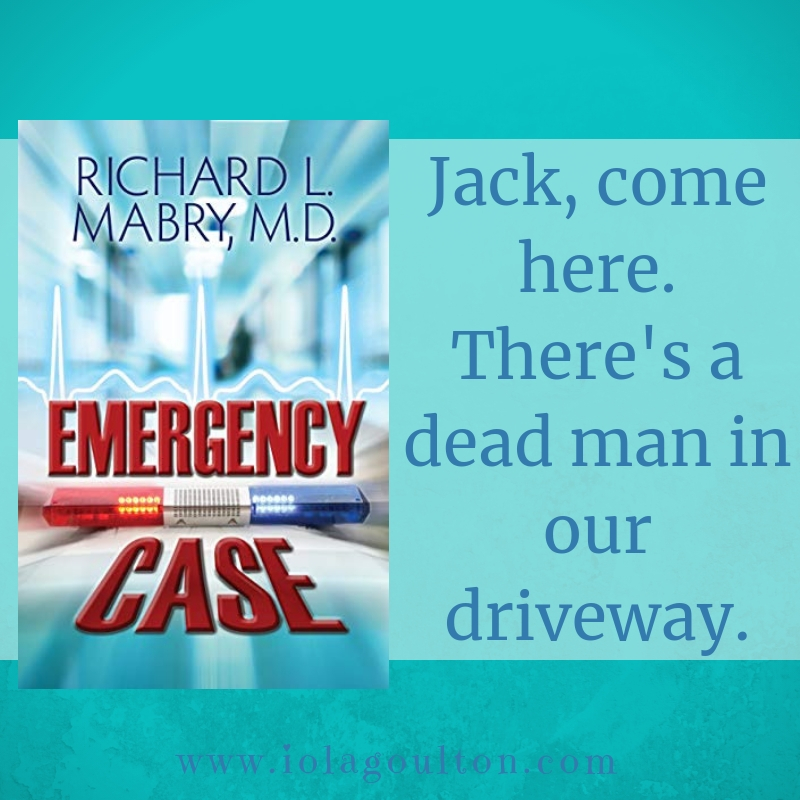I’m not a big fantasy reader, and this trilogy reminded me why. I requested a review copy of Unbreakable, the final book in the trilogy, on the strength of the fabulous cover and the intriguing book description. The publisher sent me all three books, because this is one series you definitely need to read in order.
Unblemished
 Unblemished was definitely my favourite book of the series. It had issues: too much interior monologue, some weird writing (more than compensated for by some brilliant writing), an annoying habit of having three consecutive one-word sentences. So. Very. Annoying.
Unblemished was definitely my favourite book of the series. It had issues: too much interior monologue, some weird writing (more than compensated for by some brilliant writing), an annoying habit of having three consecutive one-word sentences. So. Very. Annoying.
Again. Again. Again.
But I liked the main character.
I liked her voice—I knew I was reading YA and I haven’t been YA for many years, so I was able to move past some of her annoying teenager-isms. I liked the concept of the orphan who discovers everything she knew about life was wrong, that people weren’t who they seemed, and even the world she lived in (modern New York) was one of seven dimensions.
Yes, the world building was a little confusing at times. Yes, the writing was occasionally annoying. Yes, the author has skewered in every possible YA fantasy trope, every possible pop culture reference.
But underneath, it was the age-old battle between good and evil (accompanied by the age-old love triangle), and it worked.
Enough that I read the next book …
Unraveling
 I’ve read reviews of Unblemished where the reader loved loved loved it. I’ve no doubt those readers will also love Unraveling. Unfortunately, I thought Unraveling unraveled what had been a solid premise.
I’ve read reviews of Unblemished where the reader loved loved loved it. I’ve no doubt those readers will also love Unraveling. Unfortunately, I thought Unraveling unraveled what had been a solid premise.
While Unblemished was clearly El’s story (or Em’s story, depending on whether you’re #TeamJoshua or #TeamKy), Unraveling has three point of view characters: El, Joshua, and Ky. I found this confusing, as all three stories were told in the first person, and their voices weren’t sufficiently different. I continually had to backtrack to the beginning of the chapter to work out which character’s head I was in. And that disrupts the flow of the story.
Don’t get me wrong: I love stories told in first person (it was one of the strengths of Unblemished). And I love stories told from multiple points of view (although I’m less keen on love triangles). But the three first person points of view in Unraveling weren’t sufficiently different for it to work for me.
Unraveling also had all the same issues as Unblemished: endless cliches, endless plot tropes and endless pop culture references. They started feeling tired, as though more effort was being put into being Hip and Relevant than delivering a great story.
Overall, Unraveling wasn’t awful, but it wasn’t my idea of a good read. But it’s the second book in a trilogy, and my experience is the second book is often the weakest. By the end I was still interested in reading the final book, if only to discover whether#TeamJoshua or #TeamKy prevails.
Unbreakable
So I thought Unblemished was solid and Unraveling was average. But I often find the second book in a trilogy is the weakest, so I wasn’t going to not read Unbreakable, the final book in the series, simply because I didn’t enjoy Unraveling.
My mistake. This is the series that proves the rule: the one where I thought the final book was the weakest.
There were two reasons for this.

First, where Unblemished had one point of view character and Unraveling had three, Unbreakable had five. Five. Unblemished engaged me with a single story, and every additional viewpoint diluted that main story. It didn’t help that I couldn’t tell most of the viewpoint characters apart. They all sounded too much the same to me.
My other issue with Unbreakable was the plot. It was too convoluted. Not complex: I can deal with a complex plot. But convoluted, in that the plot seemed to go in circles rather than moving forward. The result was I lost interest. The romance thread had been present since Unblemished, so it was pretty obvious this wasn’t going to have a Divergent-type ending, and it didn’t.
I thought the ending was a let-down, and that’s even with El/Em ending up with the “right guy” (there is always the 50:50 chance in a love triangle that the heroine will pick the “wrong” guy, like in Twilight or the Bailey Flannigan series).
Overall
I saw weaknesses in Unblemished, but the unique plot and voice kept me engaged, and had me keen to read the sequels. Unbreakable was the opposite. The weaknesses from Unblemished were still there, but I found it impossible to stay engaged. I finished the book, but I think I skimmed most of the second half as I’d simply lost the plot, and lost the desire to care about what happened to any of the characters.
Overall, this series reminded me why I rarely read fantasy. Now, please excuse me while I head back to my genre comfort zones of romance, romantic suspense, and women’s fiction.
Thanks to Thomas Nelson and NetGalley for providing the full series of ebooks for review.
Have you read any of the books in this series? What did you think?




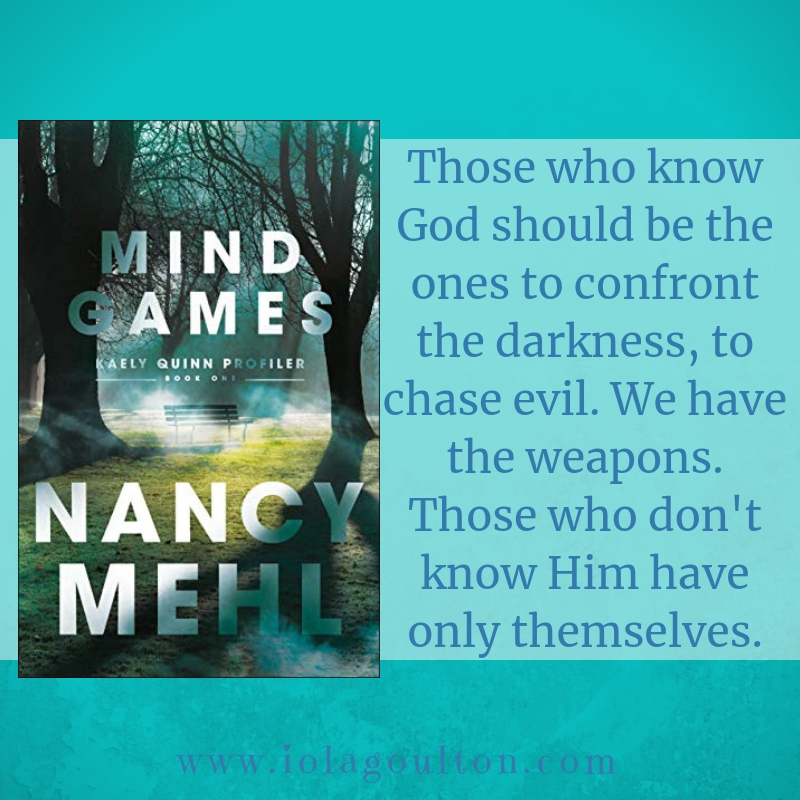
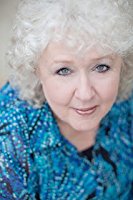 Nancy Mehl lives in Missouri, with her husband Norman, and her very active puggle, Watson. She’s authored thirty books and is currently at work on a new FBI suspense series for Bethany House Publishing.
Nancy Mehl lives in Missouri, with her husband Norman, and her very active puggle, Watson. She’s authored thirty books and is currently at work on a new FBI suspense series for Bethany House Publishing.
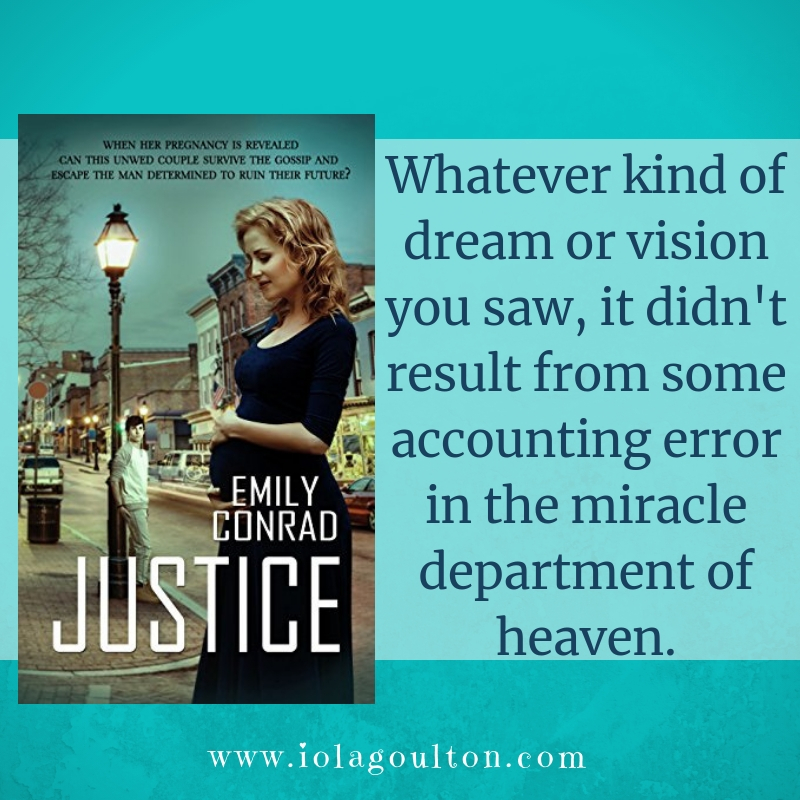
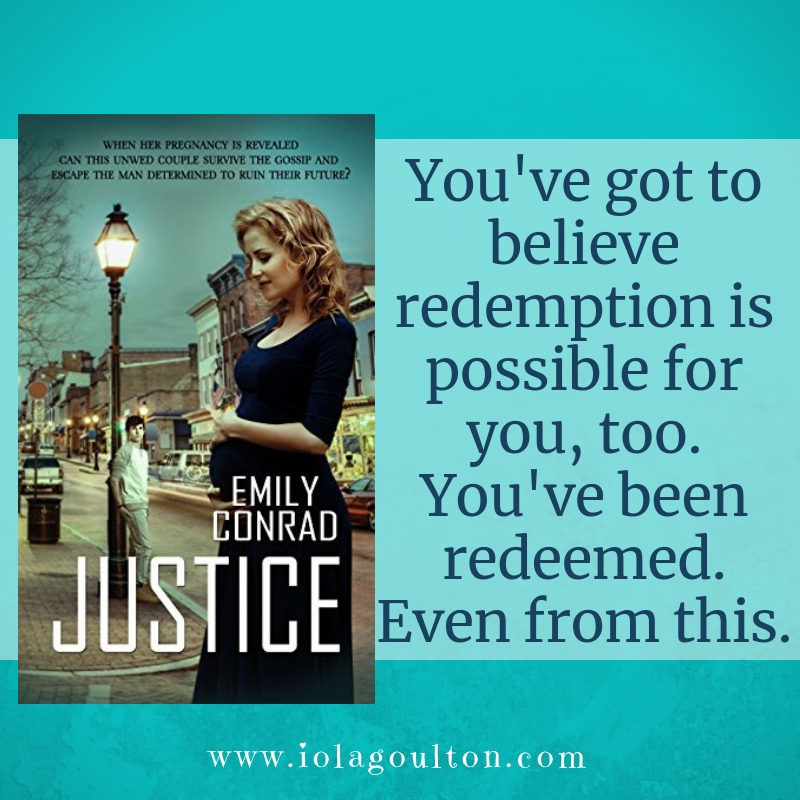





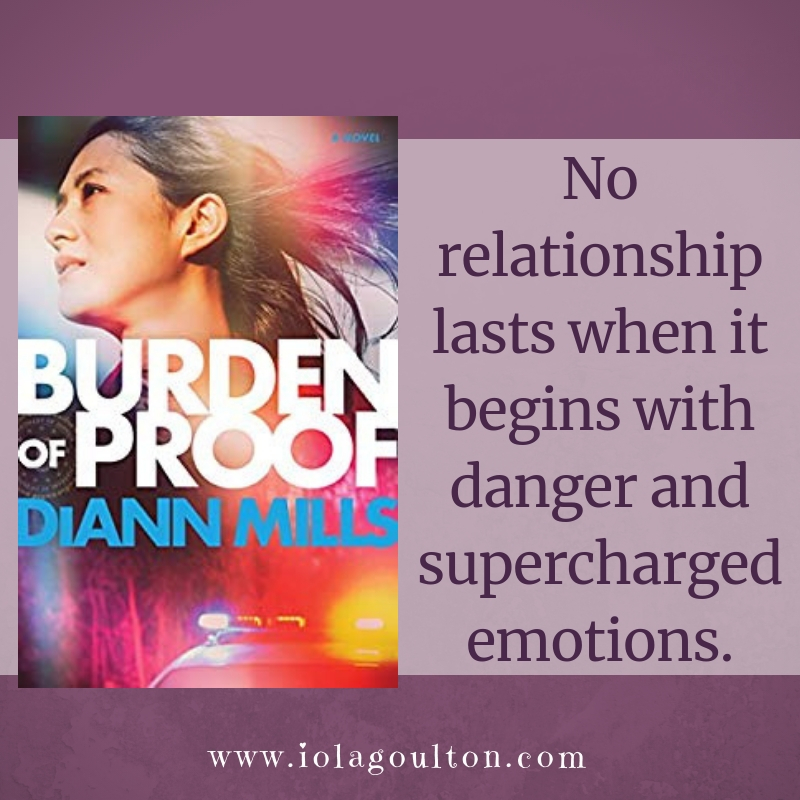

 DiAnn Mills is a bestselling author who believes her readers should expect an adventure. She combines unforgettable characters with unpredictable plots to create action-packed, suspense-filled novels.
DiAnn Mills is a bestselling author who believes her readers should expect an adventure. She combines unforgettable characters with unpredictable plots to create action-packed, suspense-filled novels.
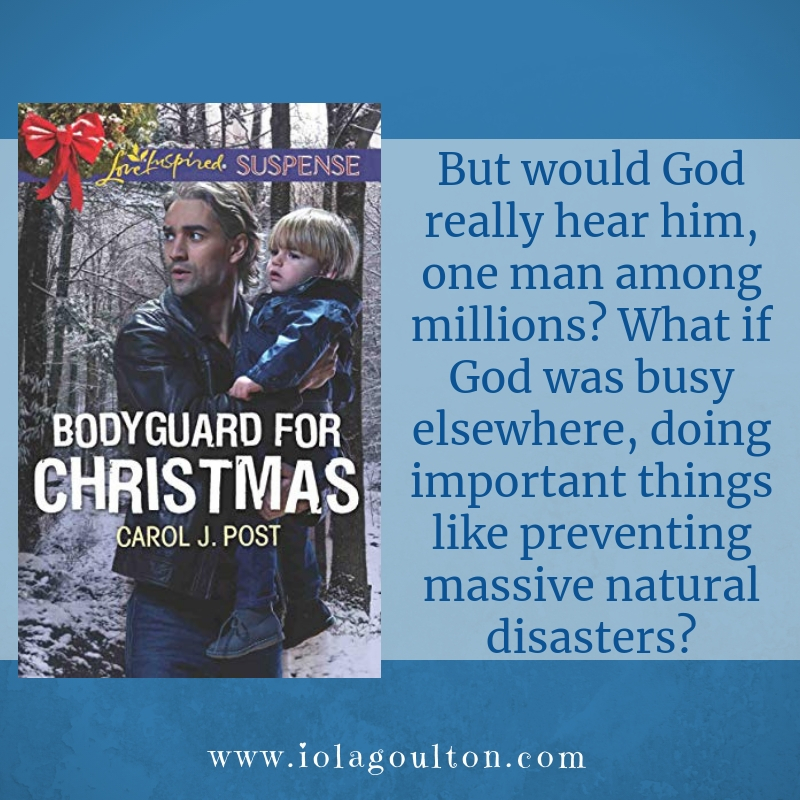

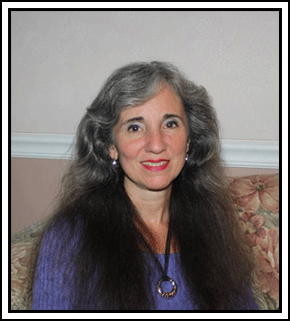 From medical secretary to court reporter to property manager to owner of a special events decorating company, Carol’s resume reads as if she doesn’t know what she wants to be when she grows up. But one thing that has remained constant through the years is her love for writing. She currently pens fun and fast-paced inspirational romance and romantic suspense stories. Her books have been nominated for a RITA® award and an RT Reviewers’ Choice Best Book Award. Carol lives in sunshiny Central Florida with her husband, who is her own real-life hero, and writes her stories under the shade of the huge oaks in her yard. Besides writing, she works alongside her music minister husband singing and playing the piano. She enjoys sailing, hiking, camping—almost anything outdoors. Her two grown daughters and grandkids live too far away for her liking, so she now pours all that nurturing into taking care of a fat and sassy black cat and a highly spoiled dachshund.
From medical secretary to court reporter to property manager to owner of a special events decorating company, Carol’s resume reads as if she doesn’t know what she wants to be when she grows up. But one thing that has remained constant through the years is her love for writing. She currently pens fun and fast-paced inspirational romance and romantic suspense stories. Her books have been nominated for a RITA® award and an RT Reviewers’ Choice Best Book Award. Carol lives in sunshiny Central Florida with her husband, who is her own real-life hero, and writes her stories under the shade of the huge oaks in her yard. Besides writing, she works alongside her music minister husband singing and playing the piano. She enjoys sailing, hiking, camping—almost anything outdoors. Her two grown daughters and grandkids live too far away for her liking, so she now pours all that nurturing into taking care of a fat and sassy black cat and a highly spoiled dachshund.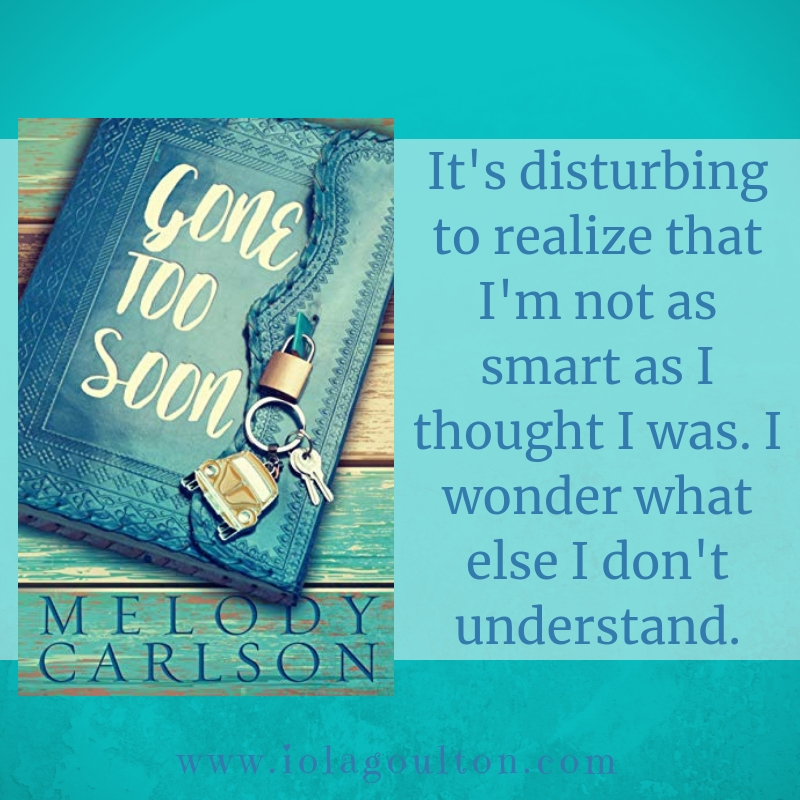
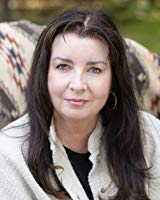 Melody Carlson has written more than 200 books (with sales around 6.5 million) for teens, women and children. That’s a lot of books, but mostly she considers herself a “storyteller.” Her novels range from serious issues like schizophrenia (Finding Alice) to lighter topics like house-flipping (A Mile in My Flip-Flops) but most of the inspiration behind her fiction comes right out of real life. Her young adult novels (Diary of a Teenage Girl, TrueColors etc.) appeal to teenage girls around the world. Her annual Christmas novellas become more popular each year.
Melody Carlson has written more than 200 books (with sales around 6.5 million) for teens, women and children. That’s a lot of books, but mostly she considers herself a “storyteller.” Her novels range from serious issues like schizophrenia (Finding Alice) to lighter topics like house-flipping (A Mile in My Flip-Flops) but most of the inspiration behind her fiction comes right out of real life. Her young adult novels (Diary of a Teenage Girl, TrueColors etc.) appeal to teenage girls around the world. Her annual Christmas novellas become more popular each year.
